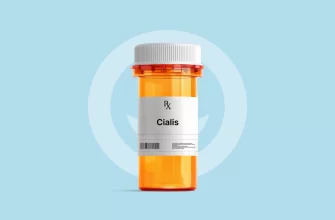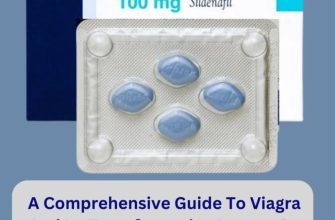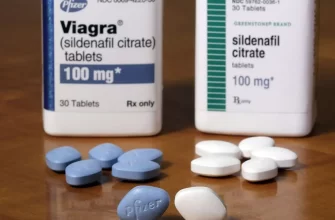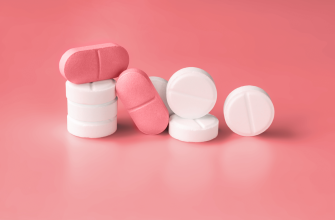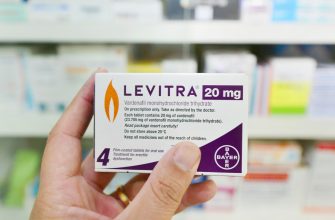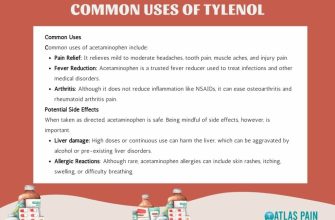Consider incorporating regular exercise into your routine. Aim for at least 150 minutes of moderate-intensity aerobic activity or 75 minutes of vigorous-intensity aerobic activity per week, along with muscle-strengthening activities twice a week. This boosts endorphins, naturally improving mood.
Mindfulness and Meditation
Practice mindfulness meditation daily, even for just 10 minutes. Apps like Calm or Headspace guide you through sessions. This reduces stress and anxiety, often contributing to improved mental well-being. Studies show significant benefits in reducing symptoms of depression and anxiety for many individuals.
Dietary Changes
Focus on a balanced diet rich in fruits, vegetables, whole grains, and lean protein. Minimize processed foods, sugar, and caffeine. Consult a nutritionist for personalized dietary advice tailored to your needs and existing health conditions. A healthy diet supports overall well-being, impacting mental health positively.
Therapy
Explore different therapy options like Cognitive Behavioral Therapy (CBT) or Acceptance and Commitment Therapy (ACT). A therapist helps you identify negative thought patterns and develop coping mechanisms. Find a licensed professional who suits your needs and preferences. This provides a structured approach to managing mental health challenges.
Other Approaches
Acupuncture and yoga may also offer benefits for some individuals. Always discuss any alternative therapies with your doctor before starting them, especially if you have pre-existing conditions or are taking other medications. These practices help manage stress and improve relaxation.



